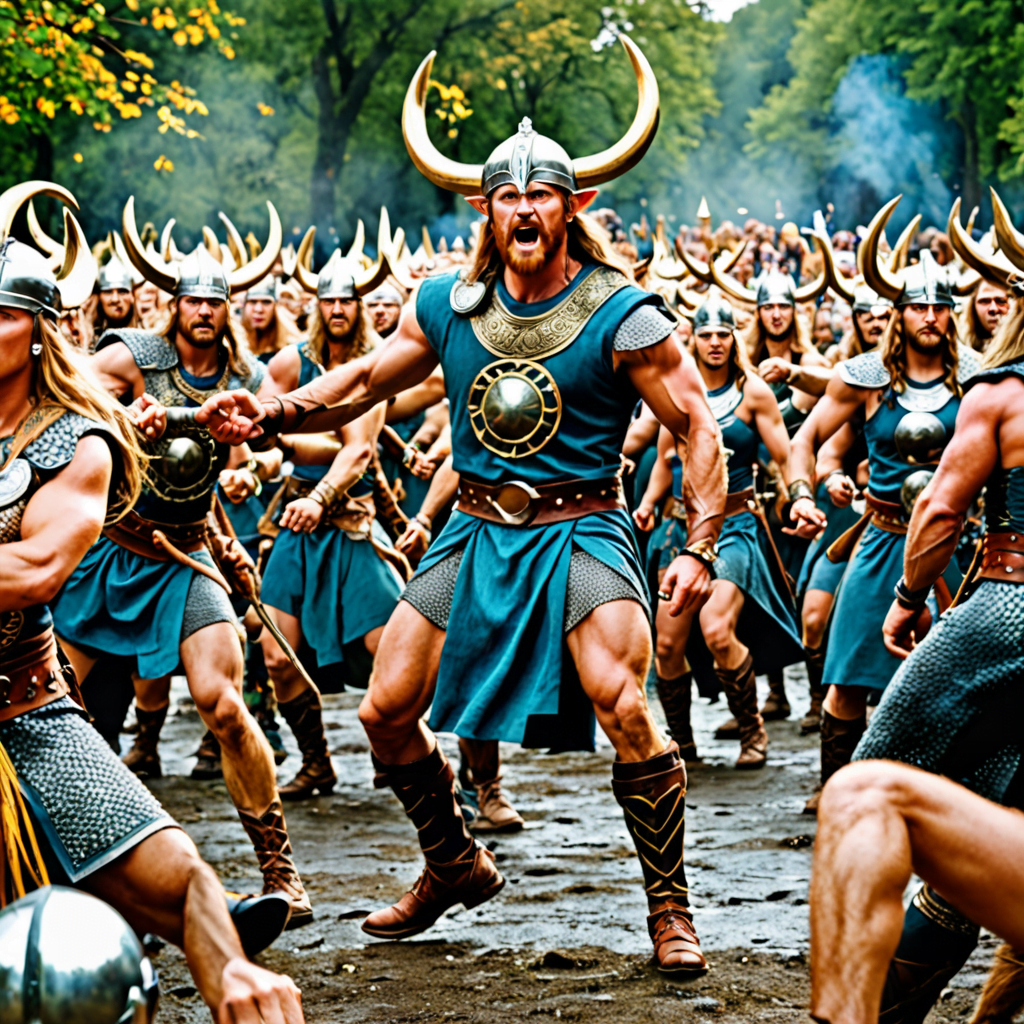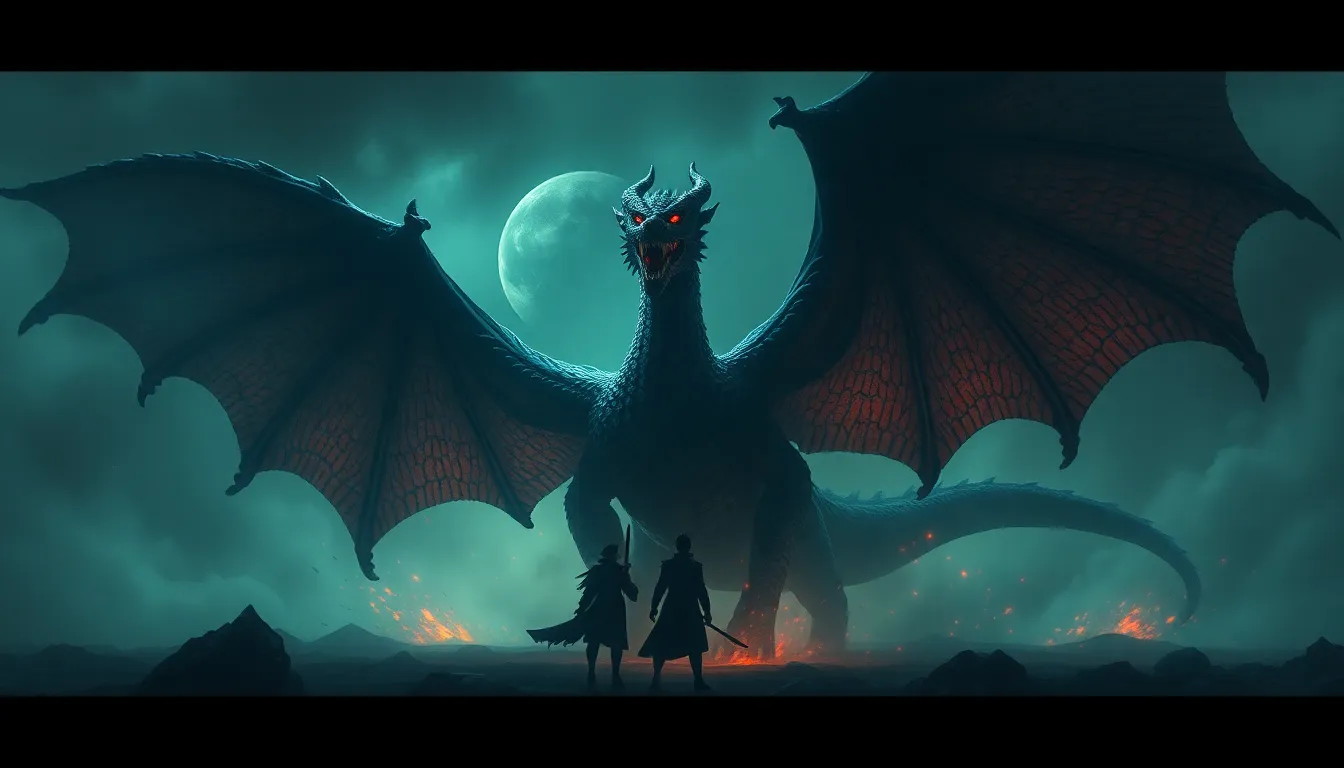The Role of Festivals and Celebrations in Norse Mythology
From grand gatherings to intimate rituals, festivals and celebrations held significant importance in Norse Mythology. Let’s delve into the vibrant tapestry of cultural events that enriched the Norse belief system.
1. Celebrating the Seasons: Sowilo and Yule Festivals
In Norse Mythology, seasonal changes dictated the timing of various festivals. Sowilo, the sun goddess, was often honored during the summer solstice, a time of abundance and light. The Yule Festival, celebrating the winter solstice, marked the rebirth of the sun, with feasting and the Yule log symbolizing warmth in the midst of winter.
2. Honor and Sacrifice: Blót and Feasting
Central to Norse festivals was the act of Blót, a ritual ceremony involving sacrifice to honor the Norse gods. Animals, such as boars or horses, were offered and feasting followed to foster community bonds and show appreciation for divine blessings. The grandeur of the feasts reflected the reverence for the deities.
3. Festivals of Valor: Jól and Dísablót
The Jól festival, celebrated in midwinter, emphasized bravery and kinship, with stories of heroic feats passed down through generations. Dísablót, dedicated to ancestral female spirits, honored the vital role of women in Norse society and ensured their protection and guidance.
4. Ragnarök and Renewal: The Coming of Fimbulvetr
Among the Norse, the perception of time as cyclical influenced their festivals, including those tied to the apocalyptic event of Ragnarök. Fimbulvetr, the harsh winter preceding Ragnarök, symbolized chaos and destruction, but also heralded the chance for renewal and the promise of a new world.
FAQs about The Role of Festivals and Celebrations in Norse Mythology
What festivals were celebrated in Norse mythology?
In Norse mythology, festivals were significant events that honored various gods and seasonal changes. Some famous festivals include Yule (celebrating the winter solstice), Midsummer (honoring the sun and fertility), and the Feast of Einherjar (dedicated to fallen warriors).
How did festivals impact Norse mythology?
Festivals played a crucial role in Norse mythology by strengthening the bonds between gods and humans, renewing cosmic order, and ensuring fertility and prosperity. These celebrations also served as occasions for feasting, storytelling, and religious rituals.
Were Norse festivals connected to specific gods or events?
Yes, Norse festivals often revolved around specific gods or events. For example, the festival of Ostara celebrated the goddess of spring, Ostara, while the festival of Freyfaxi honored the fertility god Freyr. These connections added depth and meaning to the celebrations.
How were Norse festivals celebrated?
Norse festivals were marked by various customs such as feasting, drinking, bonfires, storytelling, religious rites, and games. People dressed in traditional attire, offered sacrifices to the gods, and participated in communal rituals to ensure blessings from the divine powers.
Why were festivals and celebrations important in Norse mythology?


